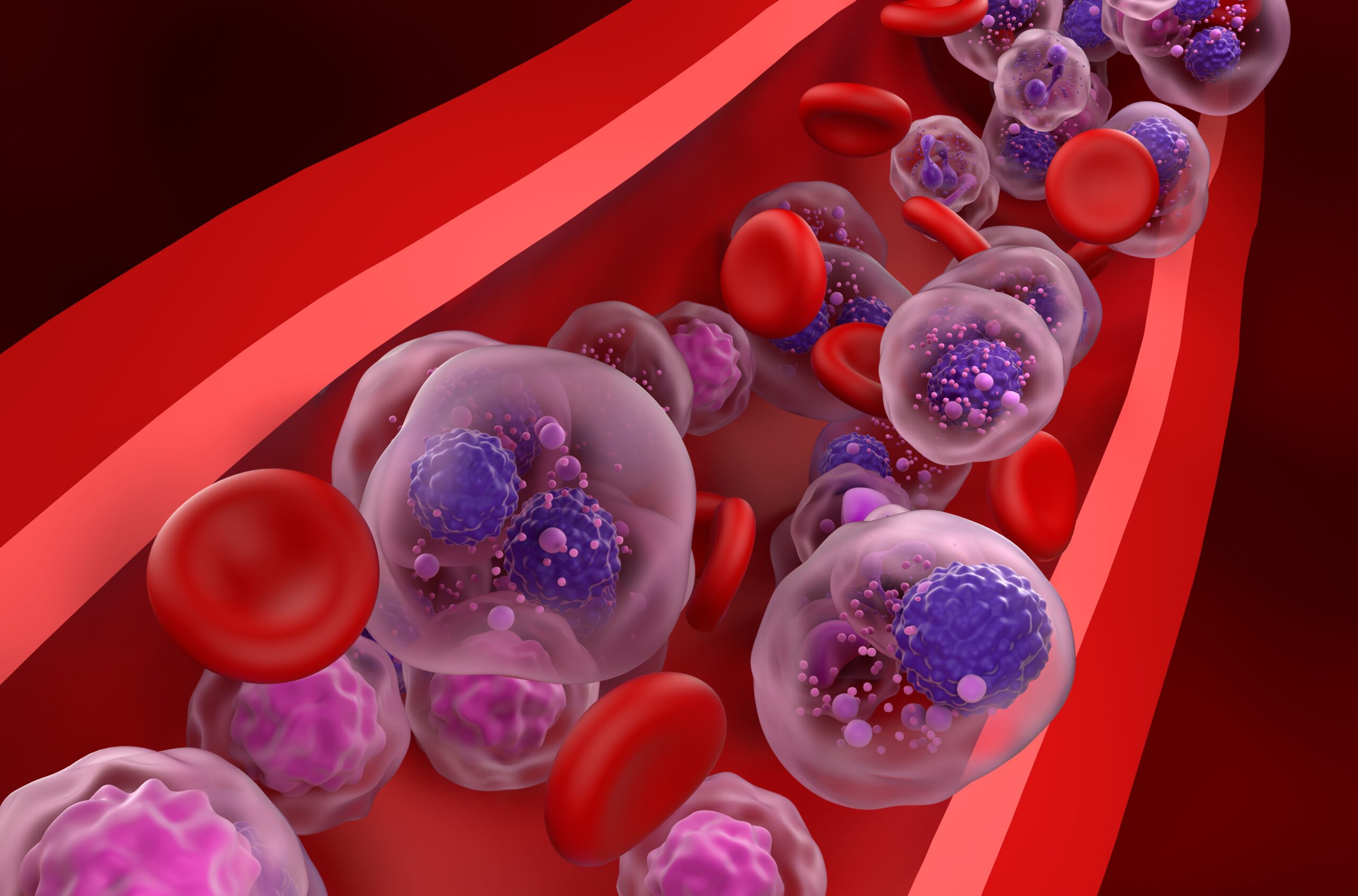Research published in Cancer Discovery suggests that a high-fiber, plant-based diet delayed progression of multiple myeloma (MM) in patients with monoclonal gammopathy of undetermined significance (MGUS) and smoldering multiple myeloma (SMM)….
High-Fiber Diet May Delay Progression of Multiple Myeloma in Patients With MGUS, SMM
